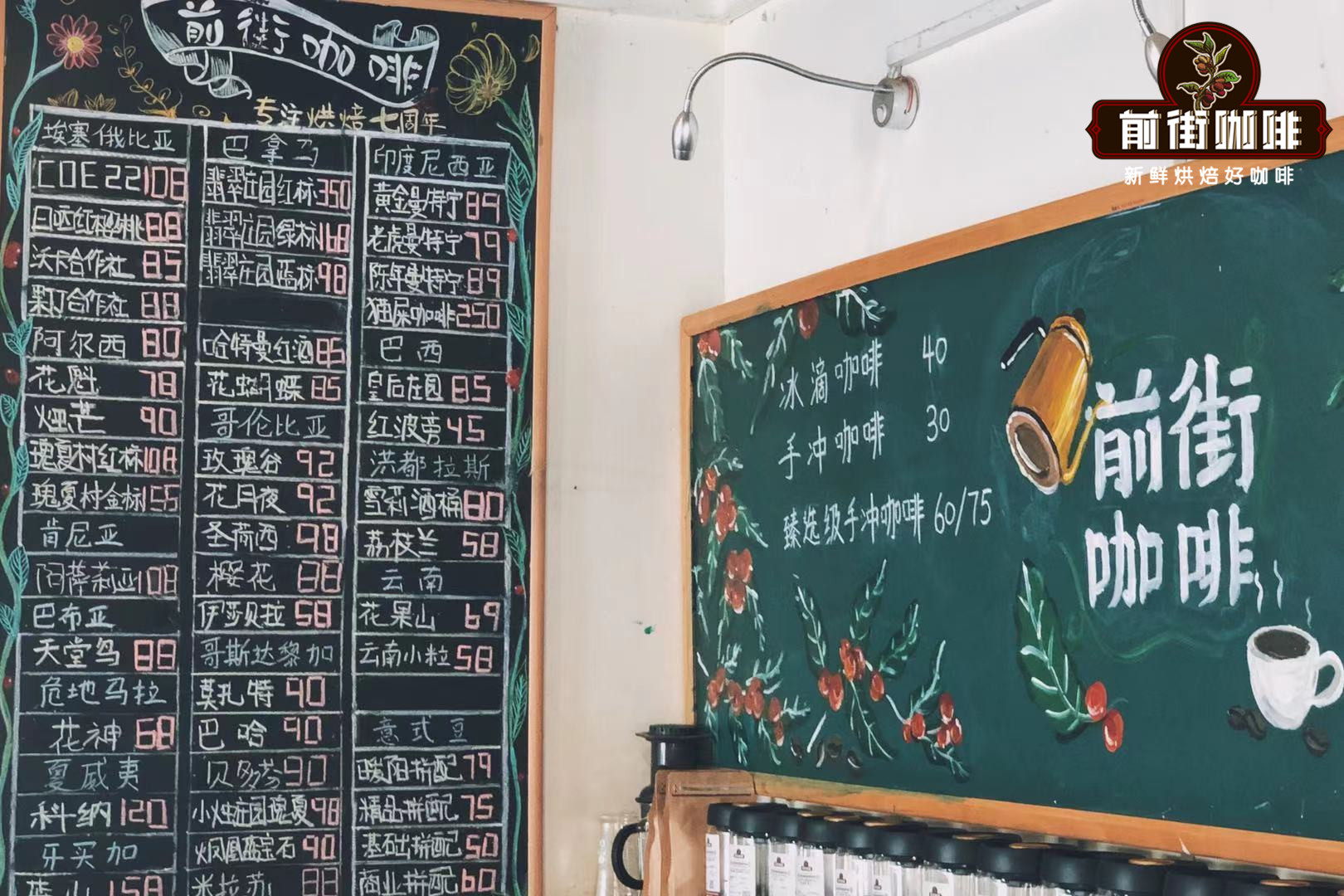Prospects of Jima Coffee Industry in Ethiopia the growth environment of Jima coffee beans

Professional coffee knowledge exchange more coffee bean information please follow the coffee workshop (Wechat official account cafe_style)
Harvest coffee in southwestern Ethiopia
The partner of Limmu Coffee Farm-Ethiopia's largest modern coffee plantation-grows coffee in the highlands of southwestern Ethiopia near the town of Jimma. More than 75% of coffee is grown in the shade of trees. The rest of the area consists of infrastructure and protected forests. The Rainforest Alliance and Utz--, two famous international certification bodies, have recognized the environmental protection practice of Limmu Farm. More than 100 kinds of native and legume shade are planted on each hectare. This is much higher than our certification requirements.
There is more than one way to afforest the farm. Limmu Farm implements micro-watershed Rain Water collection, uses organic compost and fertilization, uses mechanical ecological pulping machine and solar dryer, and invests to recruit staff. But farms are not always sustainable.
Gima 5
Limmu Farm, once owned by the Ethiopian government, aims to improve the economic infrastructure of western Ethiopia. However, the farm is poorly managed. The farm consumes more water than necessary, resulting in waste water pollution. The lack of technical agricultural support from the government leads to low crop yields and poor coffee plants. In addition, deforestation is very popular in this area. These factors have prompted the Gima area to be famous for its shoddy coffee. It's too bad that Gima 5 has become the trade term for shoddy coffee in Ethiopia.
Fortunately, the farm was bought from the government and renovated in 2014. The new management transformed the coffee field with varieties of coffee plants. They have also invested in additional medical facilities, schools, new roads and funded a sports team to benefit the local community. The farm provides permanent jobs for nearly 3000 people. At its peak, as many as 20000 people worked on farms and depended on it to make ends meet.
END
Important Notice :
前街咖啡 FrontStreet Coffee has moved to new addredd:
FrontStreet Coffee Address: 315,Donghua East Road,GuangZhou
Tel:020 38364473
- Prev

Ethiopian original-[more than 3000 species of coffee beans fall into this category]
Professional coffee knowledge exchange more coffee bean information please follow the coffee workshop (Wechat official account cafe_style) Ethiopian original [about more than 3000 species of coffee beans belong to this category] there are more than 3000 varieties of coffee beans growing in Ethiopia alone, people usually choose a few varieties to plant, as for the original Ethiopian coffee trees, because no matter
- Next

The difference of Flavor and taste between Indonesian Mantenin and PWN Gold Mantenin Coffee and suggestions for hand-brewing
Professional coffee knowledge exchange more coffee bean information please follow the coffee workshop (Wechat official account cafe_style) what are the characteristics of manning coffee? Manning coffee is produced in Sumatra, Indonesia, Asia, also known as Sumatran coffee. Her flavor is very rich, fragrant, bitter, mellow, with a little sweetness. In general, coffee lovers mostly drink individual products, but they are also blended.
Related
- Detailed explanation of Jadeite planting Land in Panamanian Jadeite Manor introduction to the grading system of Jadeite competitive bidding, Red bid, Green bid and Rose Summer
- Story of Coffee planting in Brenka region of Costa Rica Stonehenge Manor anaerobic heavy honey treatment of flavor mouth
- What's on the barrel of Blue Mountain Coffee beans?
- Can American coffee also pull flowers? How to use hot American style to pull out a good-looking pattern?
- Can you make a cold extract with coffee beans? What is the right proportion for cold-extracted coffee formula?
- Indonesian PWN Gold Mandrine Coffee Origin Features Flavor How to Chong? Mandolin coffee is American.
- A brief introduction to the flavor characteristics of Brazilian yellow bourbon coffee beans
- What is the effect of different water quality on the flavor of cold-extracted coffee? What kind of water is best for brewing coffee?
- Why do you think of Rose Summer whenever you mention Panamanian coffee?
- Introduction to the characteristics of authentic blue mountain coffee bean producing areas? What is the CIB Coffee Authority in Jamaica?

